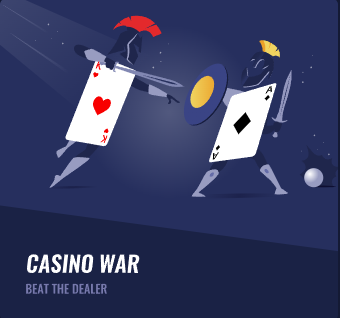On-Chain Gambling refers to gambling platforms and activities where all transactions and outcomes are recorded directly on a blockchain. Every bet, result, and payout is stored as a transaction on the blockchain, ensuring transparency, traceability, and in some cases, provable fairness. On-Chain Gambling often leverages smart contracts to automate and validate betting processes, outcomes, and distributions without the need for intermediaries.
FAQs:
Why might someone prefer On-Chain Gambling over traditional gambling platforms?
On-Chain Gambling offers heightened transparency as every transaction is recorded on the blockchain, which is publicly accessible. Additionally, using smart contracts can ensure provable fairness, as the rules and outcomes are predefined and cannot be altered once set, minimizing chances of manipulation.
How do smart contracts play a role in On-Chain Gambling?
Smart contracts are self-executing contracts where the agreement between parties is written into lines of code. In On-Chain Gambling, smart contracts can automate the betting process, determine outcomes, and distribute winnings based on predefined rules, ensuring that the entire process is transparent and tamper-proof.
Are there any scalability concerns with On-Chain Gambling?
Yes, since every transaction is recorded on the blockchain, it can lead to a high volume of data, especially on popular platforms. This can result in network congestion, slower transaction times, and increased fees on blockchains that aren’t optimized for scalability.
How secure is On-Chain Gambling?
The security of On-Chain Gambling largely depends on the underlying blockchain’s security. In general, blockchains are secure and resistant to tampering. However, the smart contracts used in the gambling platform must be well-designed and free from vulnerabilities, as flaws in smart contract code can be exploited.
Can On-Chain Gambling platforms be regulated?
Regulation of On-Chain Gambling can be challenging due to the decentralized nature of blockchain. However, regulators in various jurisdictions might require such platforms to adhere to licensing requirements, implement user identity verification, or comply with other gambling-specific regulations. The traceability and transparency of on-chain transactions can, in some respects, aid in regulatory oversight.



